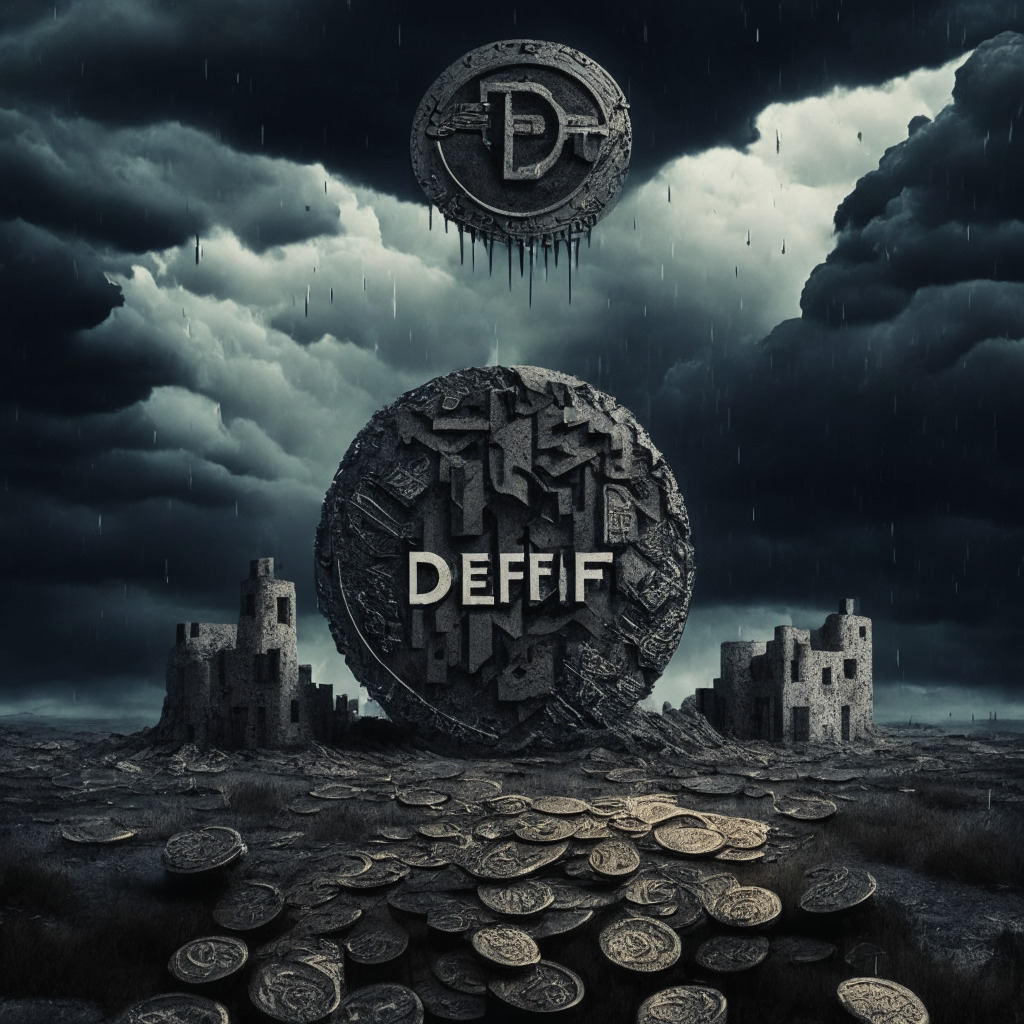As the popularity of cryptocurrencies continues to surge, insider trading scandals within the industry are starting to make headlines. In a recent case, a former Coinbase employee named Ishan Wahi was handed a two-year prison sentence for insider trading. Wahi provided his brother and another man with confidential information about upcoming crypto listings, which they used to trade on and made over $1 million altogether.
This case sheds light on significant concerns and challenges within the burgeoning cryptocurrency world, notably regarding ethics and transparency. On one hand, proponents of crypto argue that it has the potential to revolutionize financial systems and provide more secure transactions. They claim that decentralization and autonomy from central banks and authorities allow for greater transparency and better control over one’s finances.
However, cases such as Wahi’s reveal that the cryptocurrency landscape is not immune to the same pitfalls that face traditional financial markets. Insider trading cases draw attention to potential lapses in security and reveal possible vulnerabilities of the emerging industry. They also highlight the need for tighter regulation and more ethical standards as the crypto sector moves ever closer to mainstream adoption.
The Wahi case isn’t an isolated incident. In another instance, Nate Chastain, the former head of product at non-fungible token (NFT) platform OpenSea, was convicted of money laundering and wire fraud for exploiting insider knowledge about upcoming NFT listings to make profitable trades. Chastain is yet to be sentenced but faces a maximum penalty of up to 40 years in prison.
While the scale of these offenses can be alarming, their resolution demonstrates that authorities like the Department of Justice (DOJ) are cracking down on corrupt activities within the cryptocurrency space. More stringent policies and regulations provide the opportunity to curtail such unethical practices and make crypto more safe and reliable.
Cryptocurrency enthusiasts must acknowledge these incidents and support the implementation of measures to ensure transparency and ethical behavior. Robust regulations that monitor fraudulent activities should be met with open arms, instead of being viewed as constraints on decentralization.
In conclusion, the crypto landscape has demonstrated immense potential for modernizing financial systems and providing secure transactions. However, cases of insider trading and other fraudulent activities point to the need for vigilant protection against unethical behavior to maintain trust and growth within the industry. As cryptocurrencies inch toward mainstream adoption, it’s crucial we address these issues and build a more transparent and accountable future for digital assets.
Source: Coindesk




